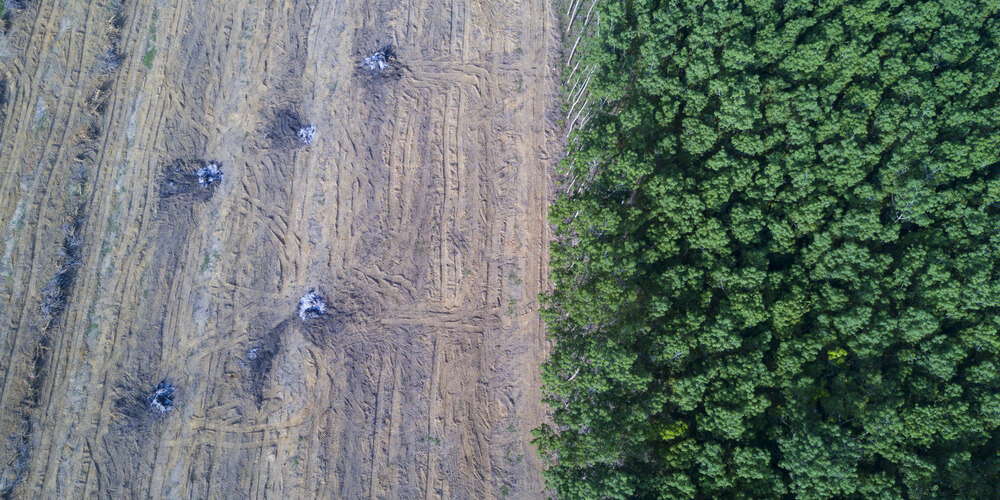Food retailers launch boycotts over deforestation links to the beef industry.
The Brazilian beef industry has been under pressure for years over the illegal deforestation of the Amazon to raise livestock and grow soya.
On Wednesday, six European supermarket chains, including two owned by Dutch firm Arnold Delhaize and a Carrefour subsidiary, said they would stop selling some or all beef products from Brazil due to links to deforestation, Reuters reported.
Supermarket chain Lidl Netherlands pledged to stop all beef imports from South America in 2022, while Auchan France, Carrefour Belgium, and Holland’s Delhaize supermarkets are stopping the import of certain corned beef and beef jerky, including brand Jack Link’s. Sainsbury's UK is to stop sourcing its store brand corned beef from Brazil.
According to Reuters, many of the products are linked to the world’s largest meatpacker, JBS SA. The boycotts follow an investigation by Reporter Brazil that alleged JBS was indirectly sourcing cows from illegally deforested areas through a scheme known as “cattle laundering,” Reuters reported.
JBS told Reuters that Reporter Brasil's investigation concerned only five out of 77,000 direct JBS suppliers, and that it had stopped working with more than 14,000 suppliers for not complying with its policies.
The sector is expected to come under further pressure, with the European Commission launching a draft law in November to ban the import of wood, beef, soya, palm oil, cacao and coffee from illegally deforested areas.
According to the World Wildlife Fund (WWF), up to 94% of deforestation in Brazil could be illegal and some 80% of deforestation in the Amazon is specifically caused by cattle ranching.
Brazil’s National Institute for Space Research reported in November that between August 2020 and July 2021, 13,235 square kilometres of Amazon rainforest had been cleared, a 15-year high.
In the halal meat sector, Brazilian certifiers, including FAMBRAS, and producers such as Marfrig, the world’s second largest producer of beef, have committed to increasing traceability and sustainability, as discussed at this month’s Global Halal Brazil forum in São Paulo.

